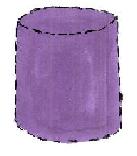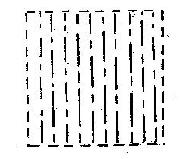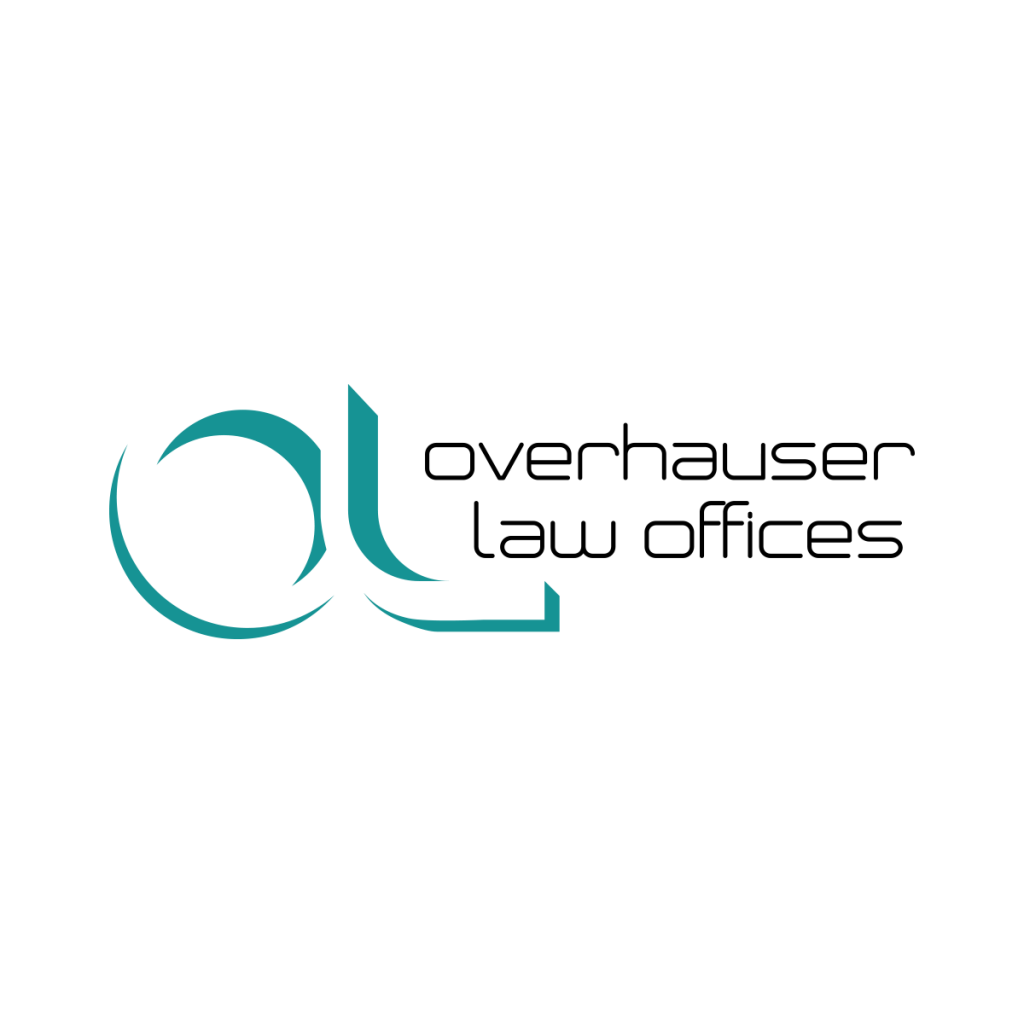Indianapolis, Ind. — The Southern District of Indiana has dismissed two of four claims by Konecranes, Inc. of Pascagoula, Miss. against Industrial Crane Service, Inc. of Pascagoula, Miss. and Brian Scott Davis of Marion County, Ind.
Plaintiff Konecranes, Inc. (“Konecranes”) provides lifting equipment and services to various ![]() clientele including manufacturing and process industries, shipyards, ports and terminals. To serve its customers, Konecranes enters into agreements with subcontractors to assist it in the performance of the maintenance agreements it has entered into.
clientele including manufacturing and process industries, shipyards, ports and terminals. To serve its customers, Konecranes enters into agreements with subcontractors to assist it in the performance of the maintenance agreements it has entered into.
Industrial Crane Service, Inc. (“ICS”) has served as a subcontractor for Konecranes, although ICS and Konecranes also compete for customers to enter into maintenance agreements with them directly.
Brian Scott Davis (“Davis”) was employed at Konecranes as a Service Manager. During that ![]() employment, he and Konecranes entered into a noncompetition and confidentiality agreement, which contained provisions to keep certain Konecranes information confidential. Davis and ICS both worked for Konecranes on various maintenance and service contracts with Nucor Sheet Metal Group (“Nucor”) and Steel Dynamics Incorporated (“SDI”).
employment, he and Konecranes entered into a noncompetition and confidentiality agreement, which contained provisions to keep certain Konecranes information confidential. Davis and ICS both worked for Konecranes on various maintenance and service contracts with Nucor Sheet Metal Group (“Nucor”) and Steel Dynamics Incorporated (“SDI”).
In May 2012, Davis resigned from Konecranes and began working for ICS. Since Davis began working for ICS, Nucor has cancelled purchase orders with Konecranes and SDI did not renew an existing purchase order with Konecranes. Instead, both have contracted with ICS to perform the work. Konecranes also alleged that Davis and ICS have been actively soliciting other customers to change their crane maintenance provider from Konecranes to ICS.
In response to the activities of Davis and ICS, Konecranes sued for injunctive relief and damages, asserting claims for: (1) breach of contract, (2) breach of fiduciary duty and/or duty of loyalty, (3) tortious interference with contractual relationships and (4) unfair competition. Davis and ICS moved to dismiss the claims for tortious interference with contractual relationships and unfair competition.
The court granted the motion on both counts. On the claim of tortious interference with contractual relationships, the court found that the plaintiff had “pled itself out of court” by admitting in its pleadings that an element of its claim was not present. Under Indiana law, the elements of a claim for tortious interference with a contract are: (1) the existence of a valid and enforceable contract; (2) defendant’s knowledge of the existence of the contract; (3) defendant’s intentional inducement of breach of the contract; (4) the absence of justification; and (5) damages resulting from defendant’s wrongful inducement of the breach.
While Konecranes did allege the element of “absence of justification” in its complaint, it also alleged that Davis and ICS had induced Nucor, SDI and others to break their contracts with Konecranes, or not renew them, so that ICS could gain their business. The court held that this amounted to an acknowledgement that the actions of Davis and ICS were motivated at least in part by a legitimate business interest — their own desire to secure new customers. The court held that this constituted justification under Indiana law. Having admitted in its pleadings that it lacked an element of this claim, Konecranes was barred from pursuing it.
On the claim of unfair competition, the court cited the Indiana Uniform Trade Secret Act, Ind. Code § 24-2-3-1(b) and (c) (the “IUTSA”) which “‘abolishes…causes of action for theft or misuse of confidential, proprietary, or otherwise secret information falling short of trade secret status….” It held that, under the facts of the case, Konecranes’ unfair competition claim was preempted by the IUTSA and not cognizable under Indiana law.
Practice Tip: As the court notes, while the claim under unfair competition failed, Konecranes may still pursue claims for misappropriation of information or ideas that are protected by contract. This is a good reminder to those whose practice of law includes shielding sensitive information from disclosure: if you want it protected, get it in writing.
 Indiana Intellectual Property Law News
Indiana Intellectual Property Law News











